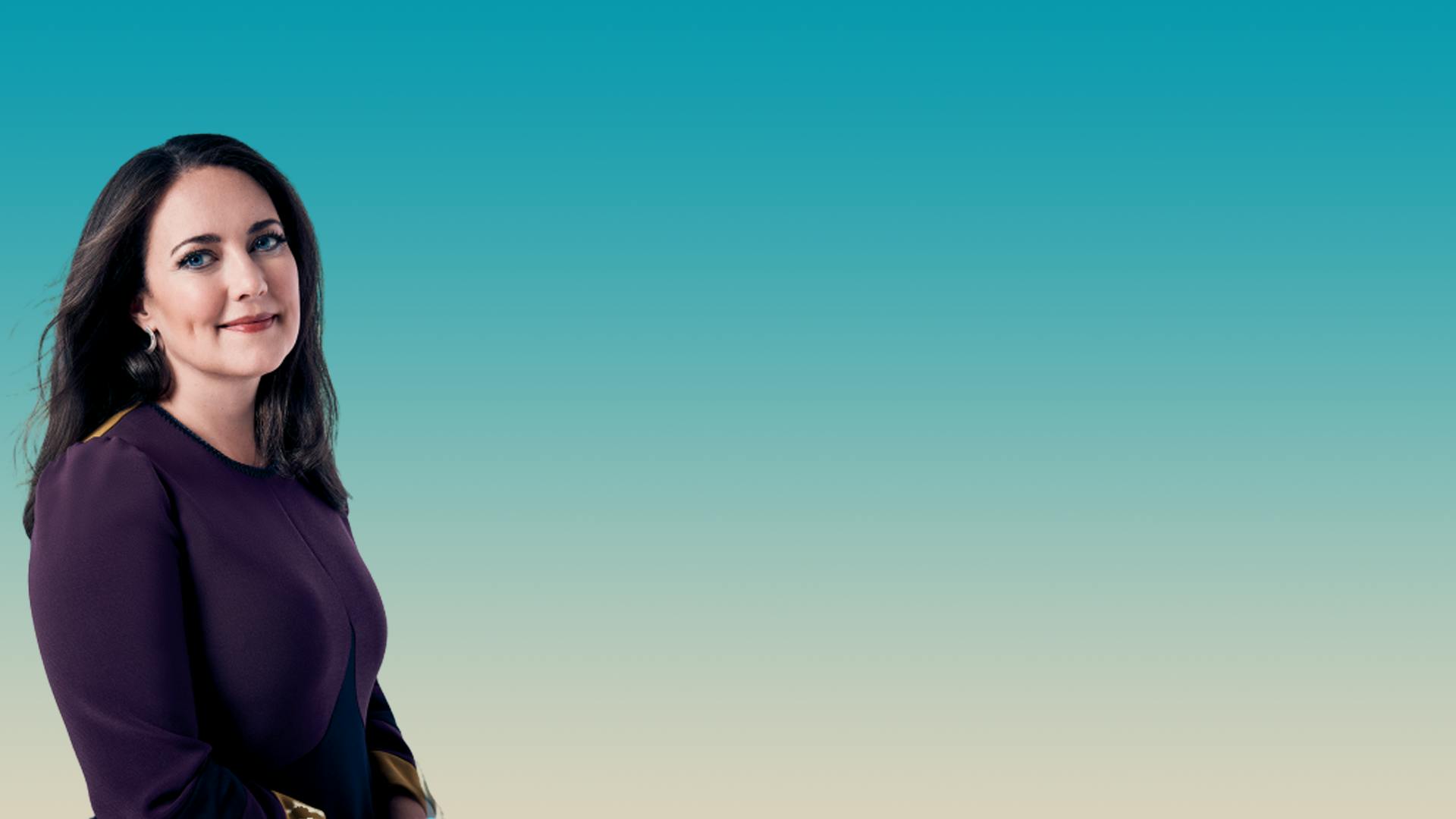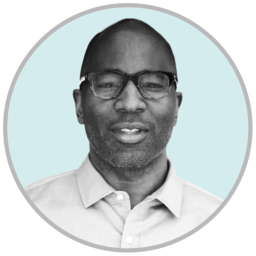With their water bottles' functional designs and eye-catching patterns, S'well is creating a desirable replacement for the millions of plastic bottles emptied and discarded every day—littering the streets, clogging landfills, and filling the oceans. And that’s just the beginning.
While most in the developed world have nearly unlimited access to clean drinking water, finding enough to survive is a daily struggle for large swaths of the global population. Sarah Kauss, founder of high-end fashionable water bottle maker S’well, says that’s why her company has, since its inception, partnered with charities that focus on water issues. S’well uses its money, expertise, and inf luence to support the programs with the most impact today—and find even better solutions for tomorrow. This year, the company is supporting water programs across Madagascar—in which nearly half of the population doesn’t have access to safe water—through a partnership with UNICEF WASH (water, sanitation, and hygiene). Overture spoke to Kauss about the genesis of her engagement in water issues, the challenges we face, and the reasons she is hopeful.
Where does your personal interest in water issues come from?
Having grown up with access to clean water, I didn’t have to worry about spending hours a day walking to find drinkable water. Instead, I was able to attend school and learn early on the importance of good hygiene and sanitation best practices. Yet, not everyone is as fortunate, which is heartbreaking.
During my five-year reunion at Harvard Business School, I attended a presentation about the water crisis, where I was confronted with hard-hitting numbers about how many people in the world don’t have access to clean drinking water. It was a game-changing moment. Traveling down the Amazon River, taking in unbelievably beautiful scenery while plastic bobbed in the water, was also significant.
My knowledge of the water crisis continues to evolve every day—it is a critical topic that drives our charitable initiatives and innovation strategy. Through our partnership with UNICEF USA, I’ve been able to gain invaluable insights about the water crisis around the world and how it impacts lives everywhere. Much of the water crisis burden is carried by women and girls, and often keeps them from being able to attend school or work outside of the home.
Here are a few facts: 200 million hours a day are spent by girls and women gathering water. 800 children die a day because of lack of access to clean water and proper sanitation. Madagascar is the fourth worst country in the world for access to clean water.
What does the developed world need to hear?
I’ve been fortunate to travel all over the world. While I’ve not visited Madagascar, I have been to places plagued by the impact of plastics and climate change.
“We need to get more creative ... to help the people on the ground do more, faster.”
What is often not known is that the water crisis impacts individuals for years, even after they gain access to clean water. You see things like stunted growth in children, that can’t be reversed down the line. You have young girls leaving school either because they are responsible for gathering the water or don’t have proper sanitation facilities as they go through puberty. They then lose out on the secondary education vital to giving them a chance to do more, potentially work outside of the home, and realize their dreams in years to come.
And simply giving people water isn’t the solve. This is what I appreciate most about UNICEF’s WASH program—they create a foundation for success built on education. They help to transform existing practices tied to water, sanitation, and hygiene by teaching new ways to interact with it, new ways to think about sanitation. They work hard to create a community of support so that young children can benefit from long-lasting access to this vital resource.
How is S’well working on the problem?
At S’well, we lead with our hearts and filter with impact. So as we look to create partnerships, we seek out organizations that have the reach, resources and knowledge to create real change. UNICEF USA has all these things and proves that it is helping children’s lives everywhere, every day.
S’well currently supports UNICEF USA’s WASH program in Madagascar. Through our support, UNICEF is helping more than 500,000 people gain access to clean water, build infrastructure necessary to create and maintain clean water systems, educate families on water-borne diseases and promote national reform. In a country where 49 percent of the population lacks access to clean drinking water, we want to get involved.
Do you think the problem can be solved?
I’m a hopeful person—an optimist if you will—so naturally I’d like to think that together, we can solve the water crisis. That said, I am well aware that we need to change our behavior. We need to stop creating waste, start finding new ways to minimize pollution. We need to support our environment and do something to counter climate change.
We need to get more creative, more involved as individuals and companies to help the people on the ground do more, faster. In order to do that, we need to create more awareness about the issue and stronger, farther-reaching educational programs that will increase the pace of change.
What are the biggest hurdles to a solution?
From my experience, the biggest hurdles are access to resources— finances, people power, technologies—that allow individuals to contribute to positive change more quickly.
Also, this issue does not have a simple answer. Creating systemic change requires an army of people and cultural shifts in thinking and action. By simplifying the story and finding easy steps for action, we can help to circumvent the paralysis that can come from being overwhelmed by an issue. We can get more people involved.
For S’well, our solution is to create more awareness about the issue, encourage more people to take action, and illustrate what simple steps can create change.
As part of our mission to rid the world of plastic bottles and raise awareness about the impact of it on the environment, we launched the Million Bottle Project—a program encouraging people to minimize single-use plastic consumption. Simply by using a reusable water bottle for a year, individuals can displace 167 single-use plastic water bottles. It’s a simple step toward positive change. Our goal is to get enough people and organizations involved that we can displace 100 million bottles by 2020.
What are some reasons to be hopeful?
There are organizations like UNICEF that have enormous reach and know-how to deliver results that create powerful change. There are companies like S’well that care about the challenges communities are facing around the world and are willing to dedicate resources and energy to helping make a difference. And there are individuals—on both sides of the issue—being positively impacted by getting involved in water. This gives me hope.











